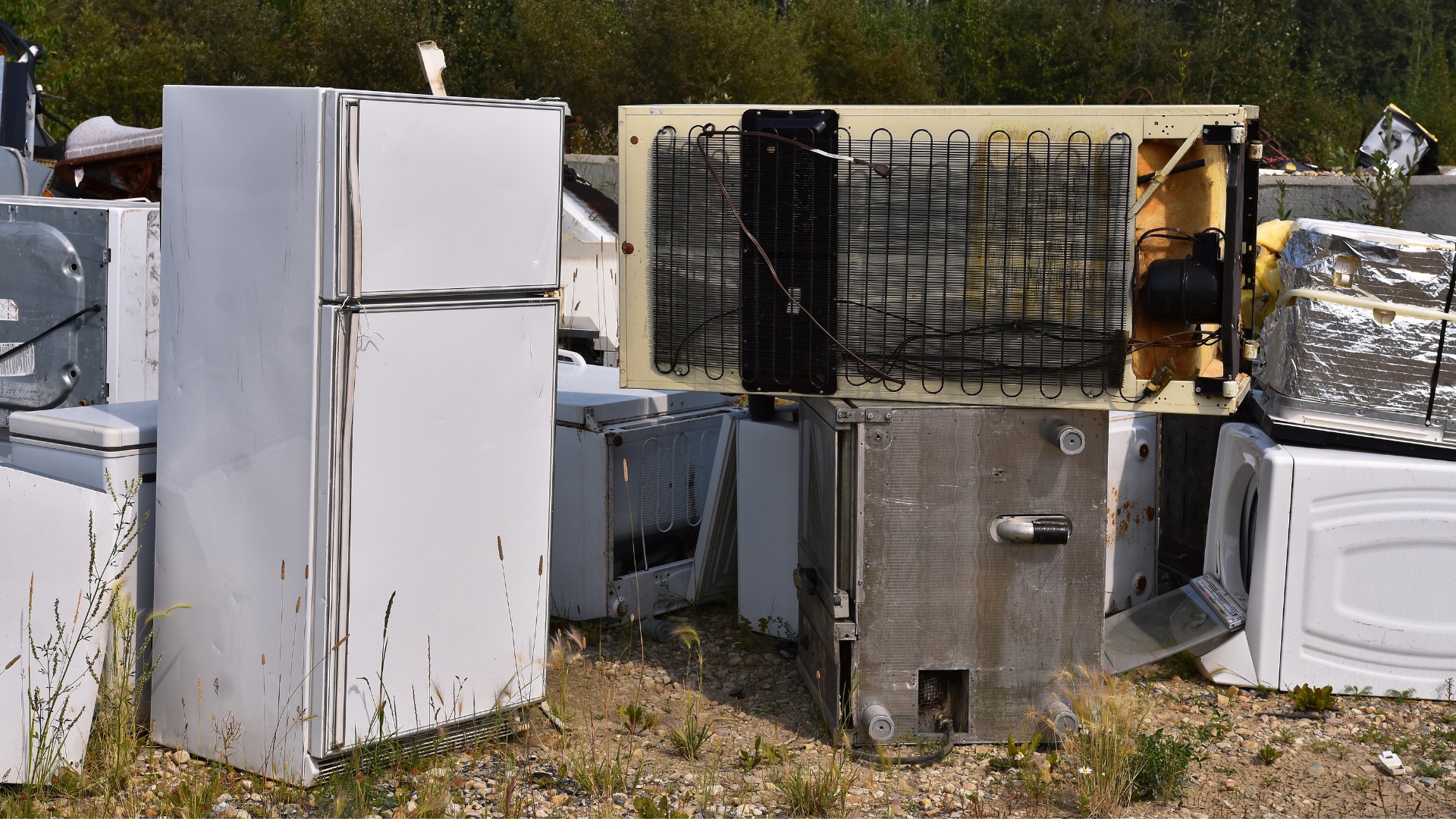

Articles
How To Get Rid Of Old Refrigerator
Modified: December 6, 2023
Learn effective methods and tips on how to properly dispose of your old refrigerator in this informative article. Safely get rid of your unwanted appliance and contribute to a greener environment.
(Many of the links in this article redirect to a specific reviewed product. Your purchase of these products through affiliate links helps to generate commission for Storables.com, at no extra cost. Learn more)
Introduction
When it comes to disposing of old appliances, refrigerators can be particularly challenging due to their large size and environmental impact. These bulky appliances can’t simply be thrown in the trash or left on the curb for pickup. Instead, proper disposal is essential to ensure that harmful materials are handled responsibly and that valuable resources are recovered.
In this article, we will guide you through the process of getting rid of your old refrigerator in a safe and environmentally friendly manner. From assessing the condition of the appliance to finding a recycling center or authorized disposal facility, we will provide you with step-by-step instructions to make the disposal process as smooth as possible.
Key Takeaways:
- Properly disposing of an old refrigerator involves assessing its condition, choosing the right disposal method, finding a recycling center, and preparing the appliance for safe handling. This process contributes to environmental sustainability and responsible waste management.
- Documenting the disposal process by taking photographs, keeping receipts, and updating appliance records provides evidence of responsible disposal. By following these steps, individuals can contribute to environmental sustainability and set an example for others.
Read more: How To Get Rid Of An Old Lawnmower
Step 1: Assess the Condition of Your Old Refrigerator
The first step in getting rid of your old refrigerator is to assess its condition. This is important because it will help you determine the most appropriate disposal method.
Start by inspecting the external and internal components of the refrigerator. Check for any signs of damage, such as dents, cracks, or non-functioning parts. If the refrigerator is still in good working condition, you may want to consider donating or selling it instead of disposing of it.
Next, consider the age of the appliance. If your refrigerator is relatively new and energy-efficient, it may be more worthwhile to try and sell or donate it. However, if it is outdated or consumes a lot of energy, it may be better to move forward with disposal.
Additionally, check if any hazardous materials, such as refrigerants or coolant, are present in your refrigerator. These substances need to be properly handled and disposed of due to their harmful impact on the environment if released improperly.
By assessing the condition of your old refrigerator, you can make an informed decision on how to proceed with its disposal.
Step 2: Determine the Appropriate Disposal Method
Once you have assessed the condition of your old refrigerator, the next step is to determine the most appropriate disposal method. There are a few options to consider:
- Recycling: Recycling your old refrigerator is an eco-friendly option that allows for the recovery of valuable materials. Many recycling centers and scrap metal facilities accept refrigerators. However, it’s important to ensure that the recycling facility is equipped to handle the proper disposal of hazardous materials.
- Donation: If your refrigerator is still in good working condition, consider donating it to a local charity or nonprofit organization. This not only helps someone in need, but also reduces waste and promotes sustainability. Make sure to contact the organization beforehand to confirm their acceptance of appliances.
- Trade-in: Some appliance retailers offer trade-in programs where you can exchange your old refrigerator for a discount on a new one. This allows for proper disposal of the old appliance while providing a benefit for purchasing a new, more energy-efficient model.
- Junk Removal Service: If your refrigerator is no longer functional and cannot be repaired or recycled, hiring a professional junk removal service is another option. These services specialize in handling and disposing of large, bulky items like refrigerators and ensure they are taken to the appropriate disposal facilities.
Consider the condition of your refrigerator, the availability of recycling centers or donation options in your area, and your personal preferences when determining the most suitable disposal method.
Step 3: Find a Recycling Center or Authorized Disposal Facility
Once you have determined the appropriate disposal method for your old refrigerator, it’s time to find a recycling center or authorized disposal facility. Here are a few steps to help you with this process:
- Research Local Facilities: Start by researching recycling centers or authorized disposal facilities in your area. Look for facilities that specifically handle appliances or electronic waste. Check their reviews, certifications, and environmental policies to ensure they are reputable and adhere to proper disposal practices.
- Contact the Facility: Once you have a list of potential recycling centers or disposal facilities, contact them to inquire about their acceptance of refrigerators. Some facilities may have specific requirements or limitations, such as drop-off times or fees, so it’s important to gather this information upfront.
- Ask about Hazardous Material Disposal: As mentioned earlier, refrigerators contain hazardous materials such as refrigerants and coolant. Make sure to ask the facility about their procedures for handling and disposing of these substances. It’s crucial that they have the necessary permits and equipment to prevent any environmental harm.
- Check for Collection Services: In addition to drop-off options, some recycling centers or disposal facilities may offer pickup services for large appliances like refrigerators. This can be convenient if you are unable to transport the appliance yourself.
By finding a recycling center or authorized disposal facility, you can ensure that your old refrigerator is handled in an environmentally responsible manner. Remember to inquire about any specific requirements or fees associated with the disposal process.
Step 4: Schedule a Pickup or Drop-off
Once you have identified a suitable recycling center or authorized disposal facility for your old refrigerator, it’s time to schedule a pickup or drop-off. Follow these steps to ensure a smooth process:
- Confirm Availability: Contact the recycling center or disposal facility to confirm their availability for accepting your refrigerator. Some facilities may have specific days or hours for drop-offs, so make sure to plan accordingly.
- Schedule a Pickup: If the facility offers pickup services, inquire about their scheduling process. Provide them with the necessary information, such as your address and contact details, to arrange a convenient pickup time.
- Prepare for Drop-off: If you plan to drop off the refrigerator yourself, ask the facility about any preparation requirements. They may request that you remove any personal belongings, secure the doors, or empty the contents of the refrigerator before drop-off.
- Consider Safety Measures: Transporting a refrigerator can be physically demanding, so it’s important to take safety precautions. Enlist the help of others, use proper lifting techniques, and ensure that the appliance is securely fastened during transportation.
By scheduling a pickup or drop-off, you can ensure that your old refrigerator is properly transferred to the recycling center or disposal facility. Follow any specific instructions provided by the facility to ensure a smooth and hassle-free experience.
When getting rid of an old refrigerator, be sure to properly dispose of any hazardous materials, such as the refrigerant, and consider recycling the metal components to reduce environmental impact.
Read more: How To Get Rid Of Old Toilet
Step 5: Prepare the Refrigerator for Disposal
Before you dispose of your old refrigerator, it’s important to properly prepare it to ensure the safety of those handling it and to prevent any potential damage. Follow these steps to prepare your refrigerator for disposal:
- Unplug the Refrigerator: Start by unplugging the refrigerator from the power source. This will prevent any electrical accidents during the disposal process.
- Remove Food and Personal Items: Empty the contents of the refrigerator and remove any perishable food items. Dispose of the food responsibly by either consuming it, giving it away, or properly discarding it. Don’t forget to remove any personal belongings from the appliance as well.
- Secure the Doors: Make sure to secure the doors of the refrigerator. This will prevent them from swinging open during transportation and causing any accidents or damage.
- Clean the Refrigerator: Give the refrigerator a thorough cleaning to remove any dirt, grime, or odors. Use mild cleaners and disinfectants to sanitize the interior and exterior surfaces.
- Secure Cords and Accessories: Secure any loose cords or accessories, such as ice trays or shelves, inside the refrigerator. This will prevent them from getting damaged or lost during transportation.
- Follow Facility Guidelines: If the recycling center or disposal facility has provided any specific guidelines, such as removing specific components or labeling the appliance, make sure to follow them accordingly.
By properly preparing your refrigerator for disposal, you are ensuring the safety of those involved in the process and facilitating the proper handling of the appliance.
Step 6: Dispose of the Refrigerator Responsibly
Now that you have prepared your old refrigerator for disposal, it’s time to actually dispose of it in a responsible manner. Follow these steps to ensure proper disposal:
- Transport the Refrigerator Safely: If you are transporting the refrigerator yourself, make sure to secure it properly in your vehicle. Use straps or bungee cords to prevent it from shifting or falling during transportation. Avoid any sudden movements or sharp turns that could cause damage to the appliance.
- Follow Facility Guidelines: When you arrive at the recycling center or disposal facility, make sure to follow their guidelines for dropping off or handing over the refrigerator. Some facilities may have designated areas or personnel to assist you with the disposal process.
- Provide Necessary Information: Depending on the facility’s requirements, you may be asked to provide certain information, such as proof of residency or details about the refrigerator. Cooperate with the facility staff and provide the necessary information to facilitate the disposal process.
- Observe Safety Practices: During the disposal process, prioritize safety by following any instructions provided by the facility staff. Keep a safe distance from any hazardous materials and avoid any actions that may jeopardize your well-being or the well-being of others.
- Confirm Proper Disposal: If you have any concerns about the disposal process or want assurance that the refrigerator will be handled correctly, don’t hesitate to ask the recycling center or disposal facility for confirmation. They should be able to provide you with information on how they handle the disposal of appliances and any environmental regulations they follow.
By disposing of your old refrigerator responsibly, you are contributing to environmental sustainability and promoting the proper handling of hazardous materials. Follow the instructions of the facility staff and ensure that the appliance is disposed of in an environmentally safe manner.
Step 7: Document the Disposal Process
After you have disposed of your old refrigerator, it’s important to document the process for your own records and peace of mind. Follow these steps to properly document the disposal:
- Take Photographs: Before you hand over the refrigerator to the recycling center or disposal facility, take photographs of the appliance. This will serve as evidence of its condition and that you have followed the proper disposal procedures.
- Keep Receipts or Confirmation: If you receive any receipts or confirmation of the disposal from the facility, make sure to keep them. These documents will serve as proof that you have responsibly disposed of the refrigerator.
- Record Important Information: Document the name, address, and contact information of the recycling center or disposal facility, as well as the date and time of disposal. This information will be helpful for future reference or if any issues arise regarding the disposal.
- Update Appliance Records: If you have any appliance warranty or registration records, update them to reflect the disposal of the old refrigerator. This will help you keep your records organized and accurate.
- Consider Environmental Certifications: If the recycling center or disposal facility has any environmental certifications or accreditations, make note of them. This can provide further assurance that the appliance was disposed of in an environmentally responsible manner.
Documenting the disposal process not only helps you keep track of the proper handling of your old refrigerator but also provides evidence in case any issues arise in the future. Store the documentation in a safe place along with other important records.
Conclusion
Disposing of an old refrigerator may seem like a daunting task, but by following the steps outlined in this guide, you can ensure its proper and responsible disposal. Assessing the condition of the appliance, determining the appropriate disposal method, finding a recycling center or authorized disposal facility, scheduling a pickup or drop-off, preparing the refrigerator for disposal, and documenting the process are all important steps to take.
By recycling or donating your old refrigerator, you can contribute to environmental sustainability by reducing waste and allowing for the recovery of valuable materials. Proper disposal also ensures that hazardous materials like refrigerants and coolants are handled safely, preventing any harm to the environment.
Remember to research local facilities, ask about their handling of hazardous materials, schedule pickups or drop-offs as required, and follow any safety guidelines provided by the recycling center or disposal facility. Taking photographs, keeping receipts, and updating appliance records will document the disposal process and provide peace of mind.
By responsibly disposing of your old refrigerator, you are not only doing your part for the environment but also setting an example for others. Together, we can make a positive impact on the planet by ensuring that our appliances are handled in an environmentally friendly manner.
Frequently Asked Questions about How To Get Rid Of Old Refrigerator
Was this page helpful?
At Storables.com, we guarantee accurate and reliable information. Our content, validated by Expert Board Contributors, is crafted following stringent Editorial Policies. We're committed to providing you with well-researched, expert-backed insights for all your informational needs.

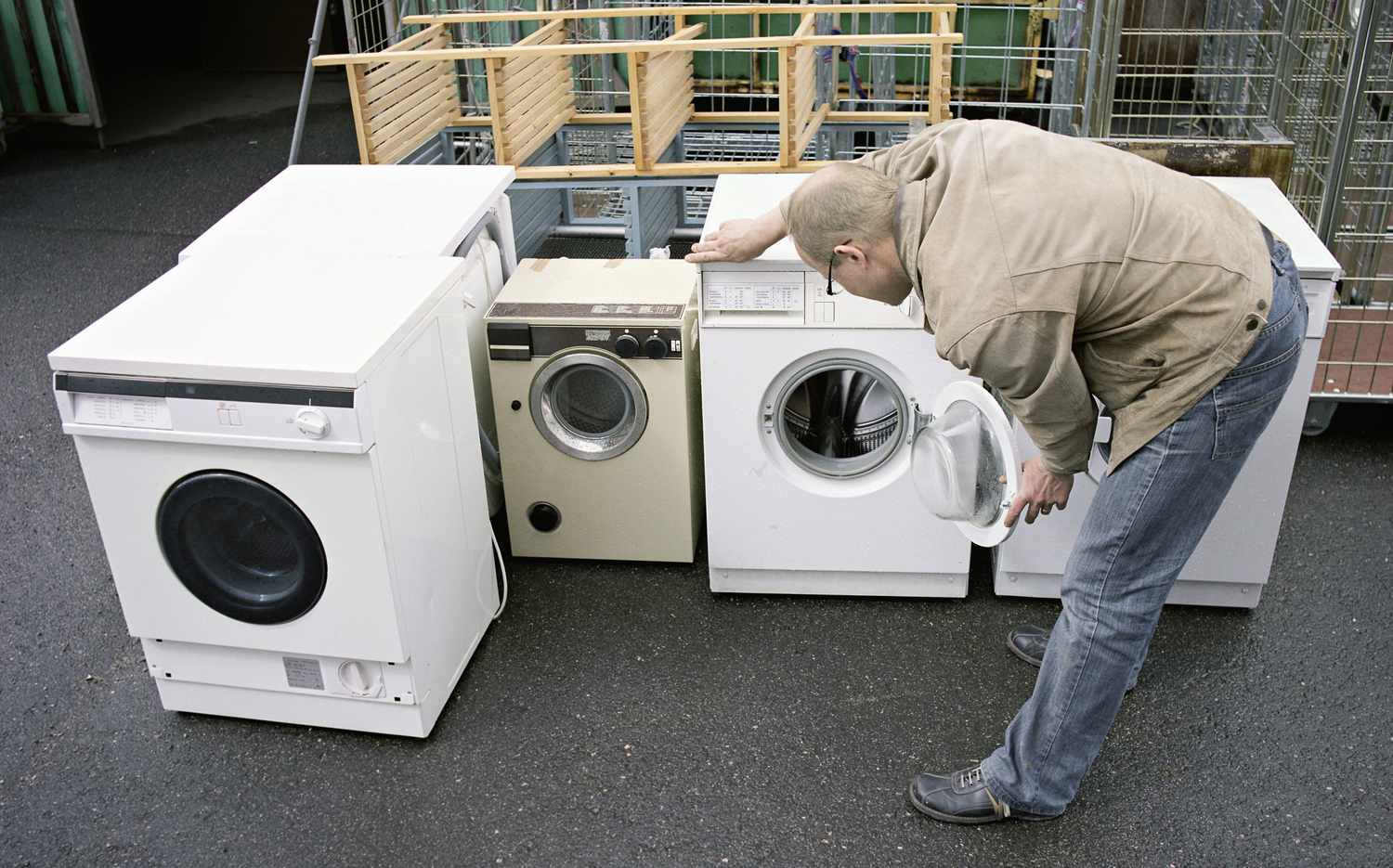

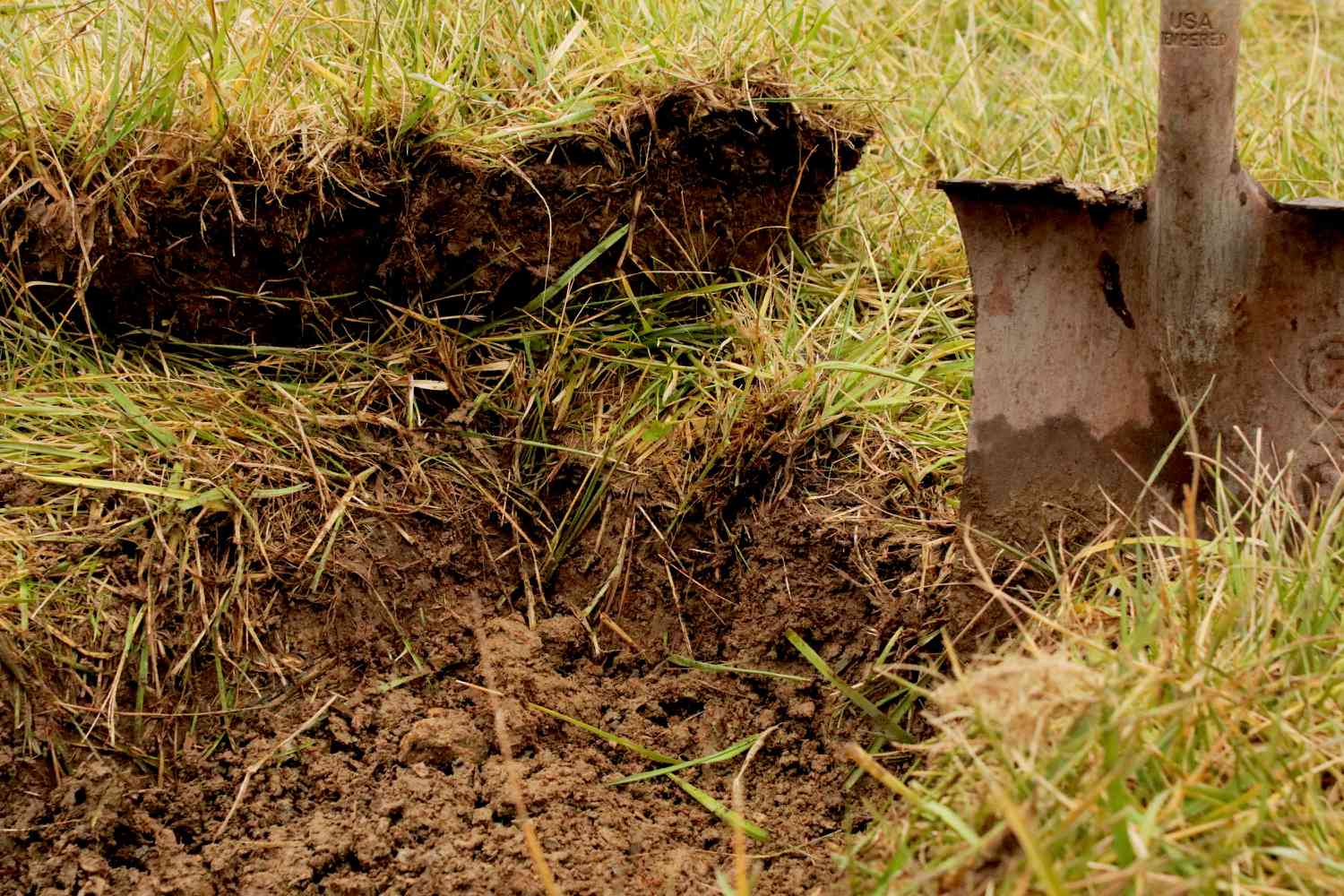
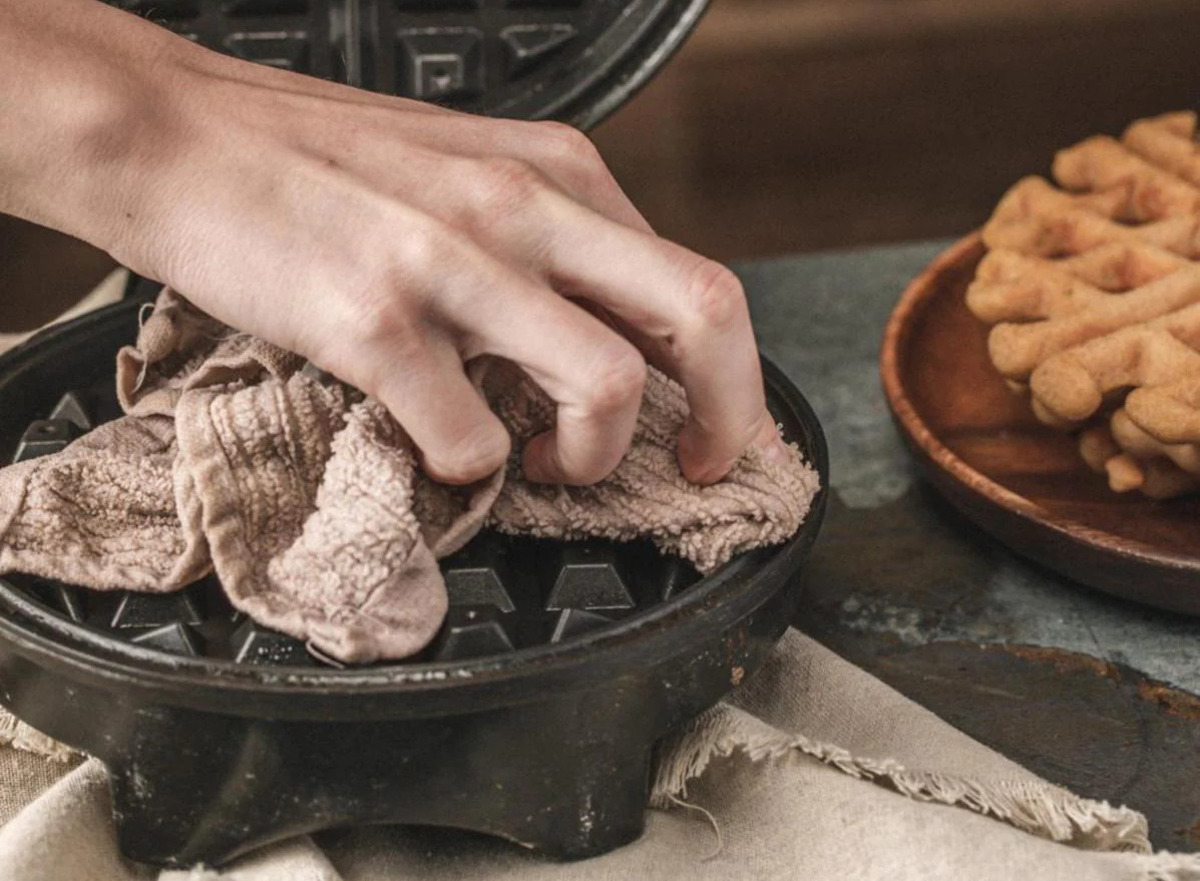
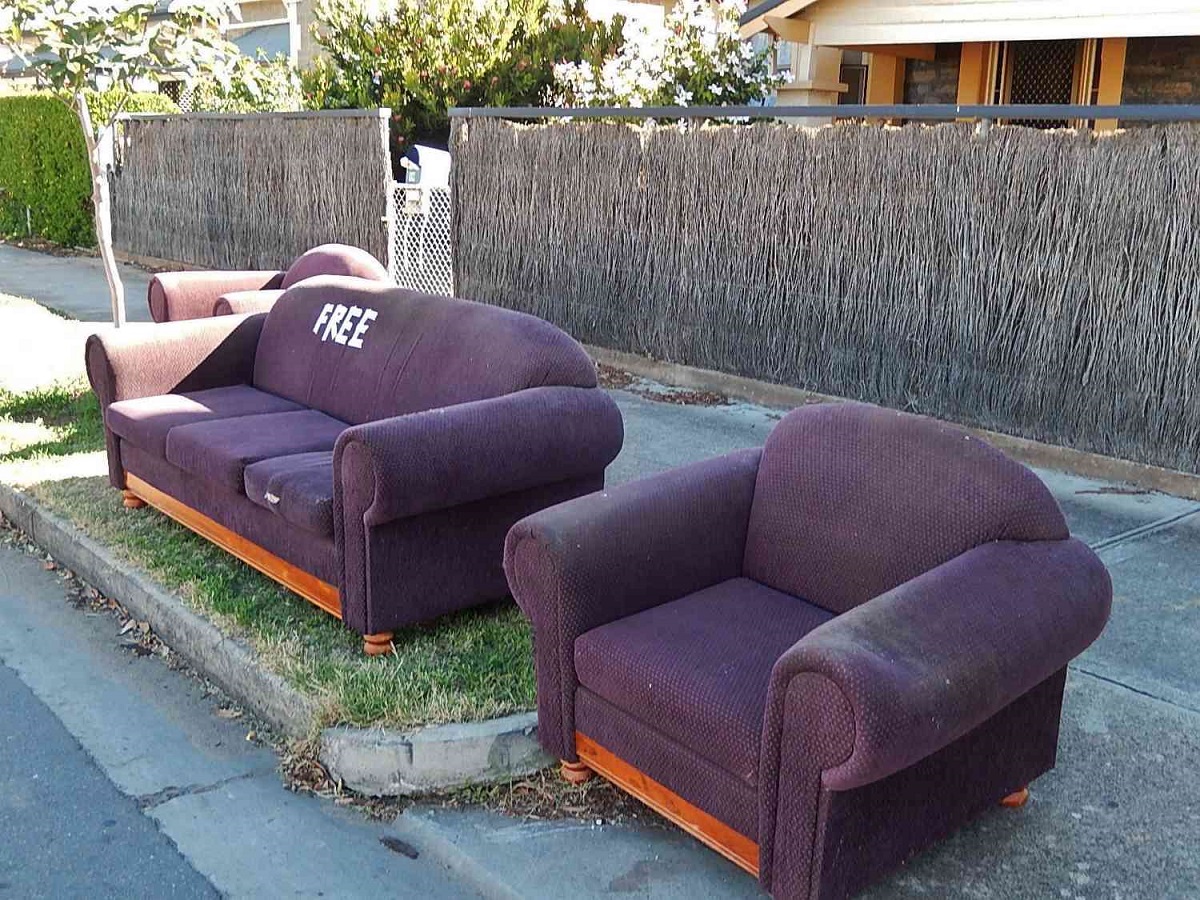
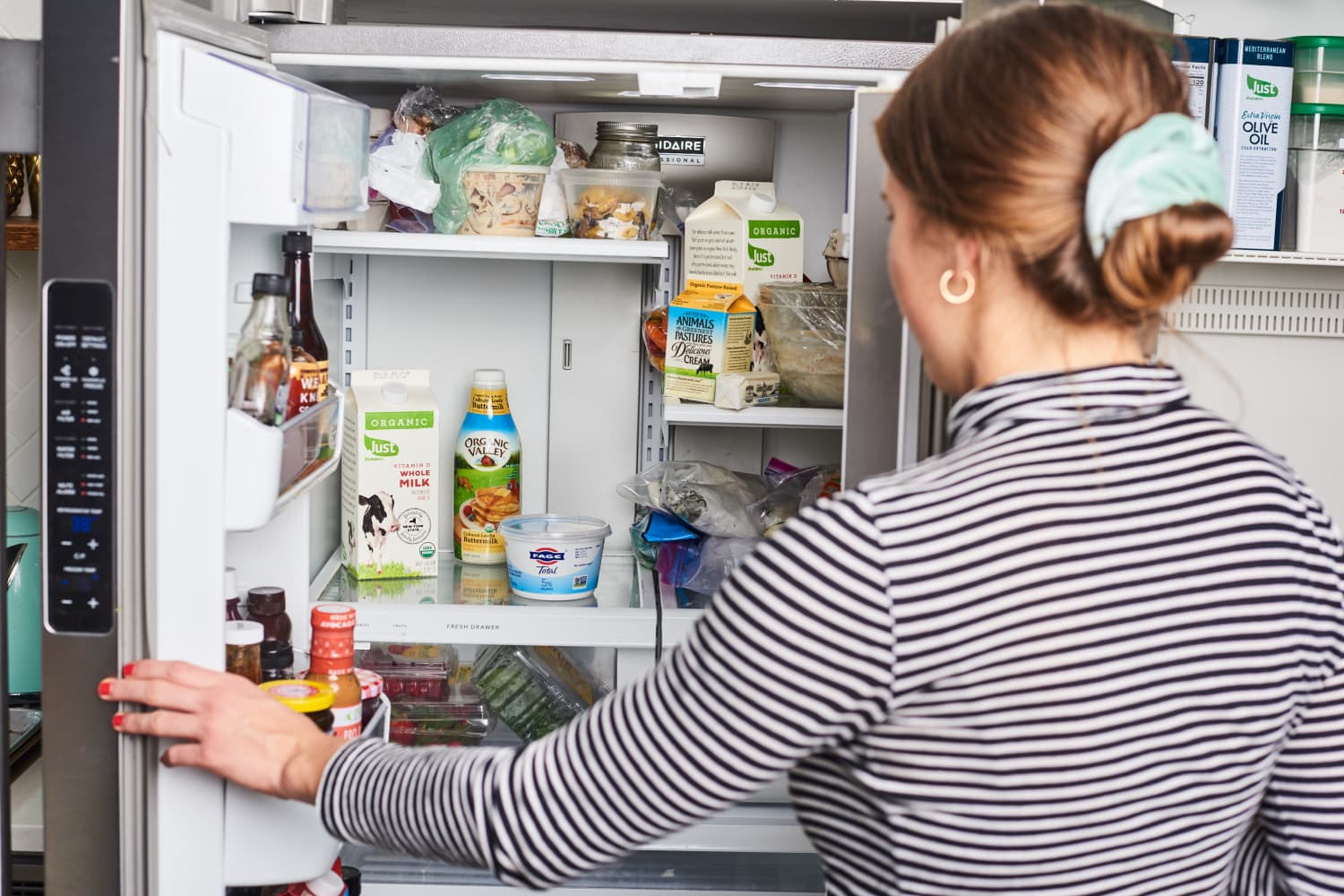

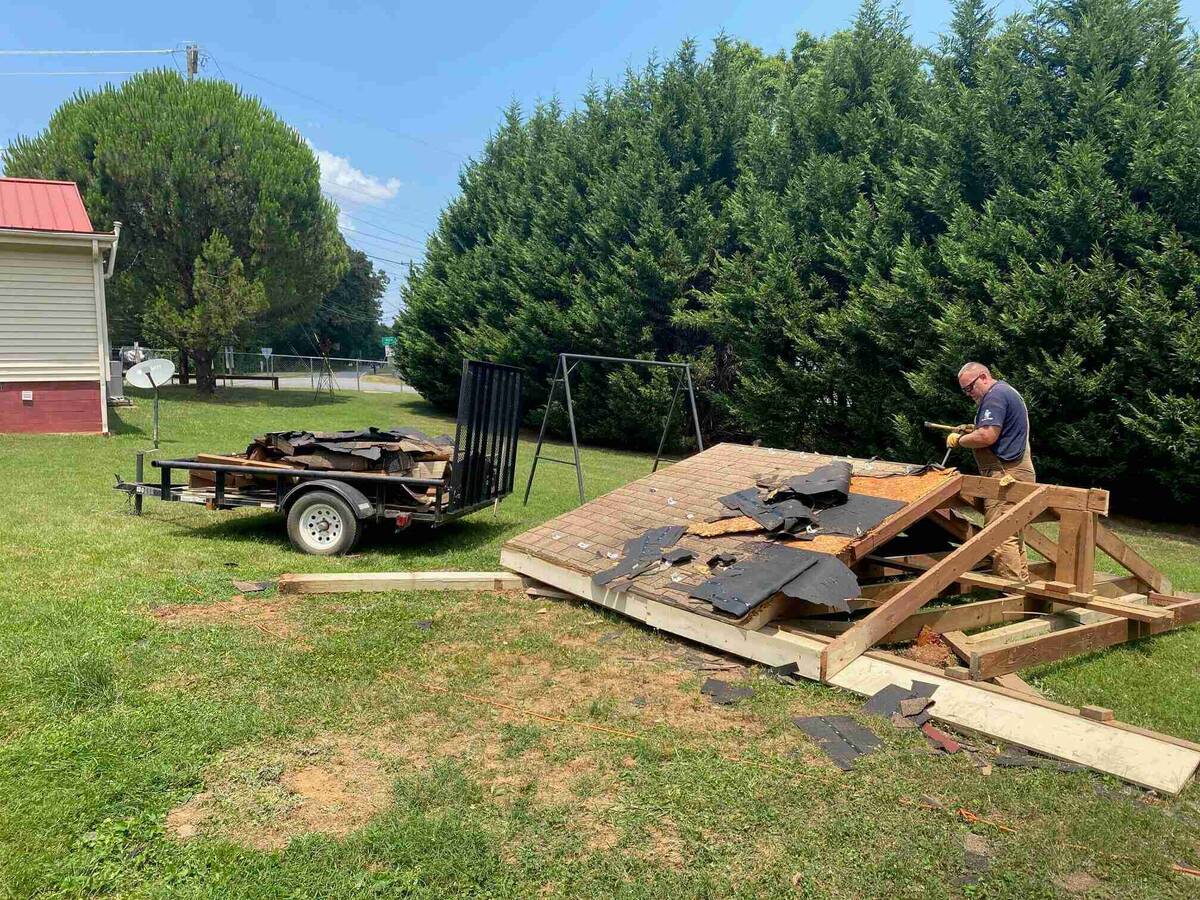
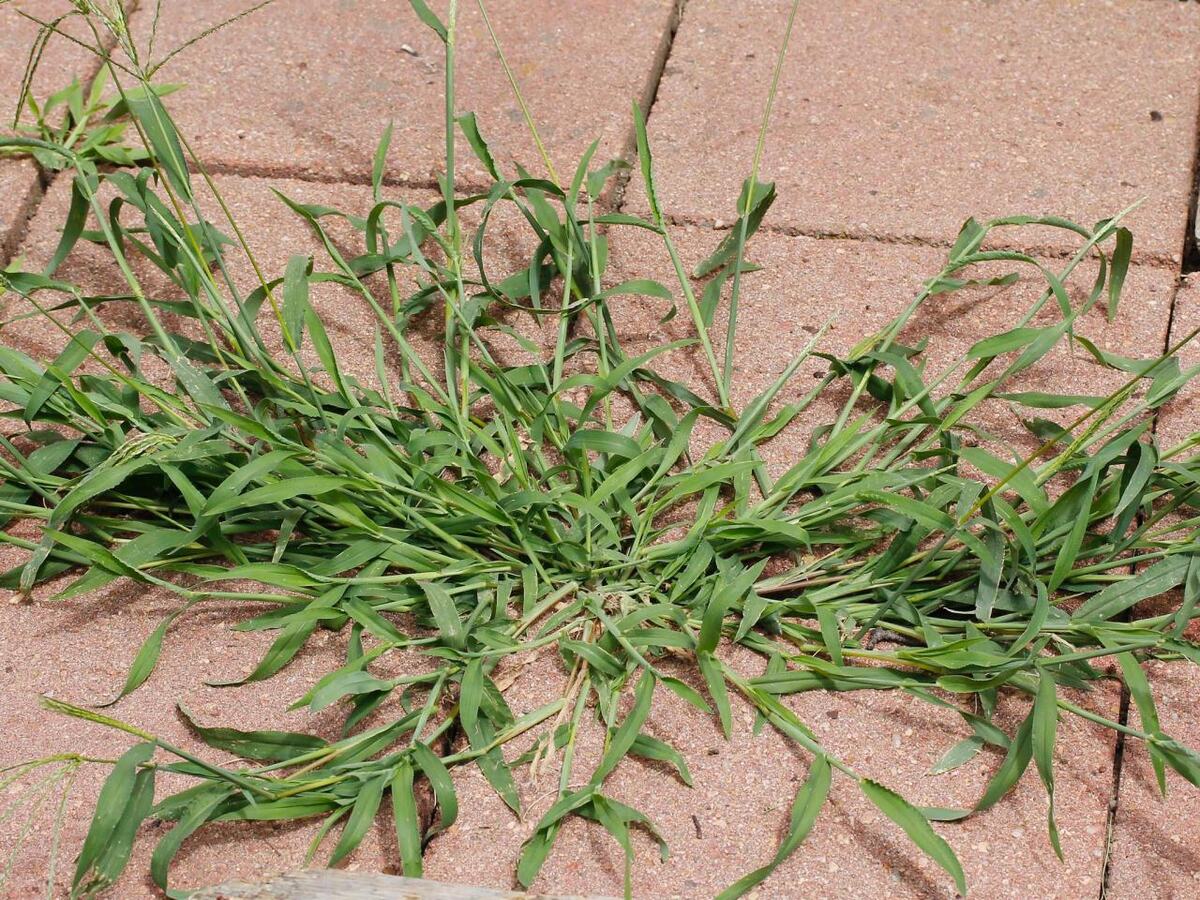



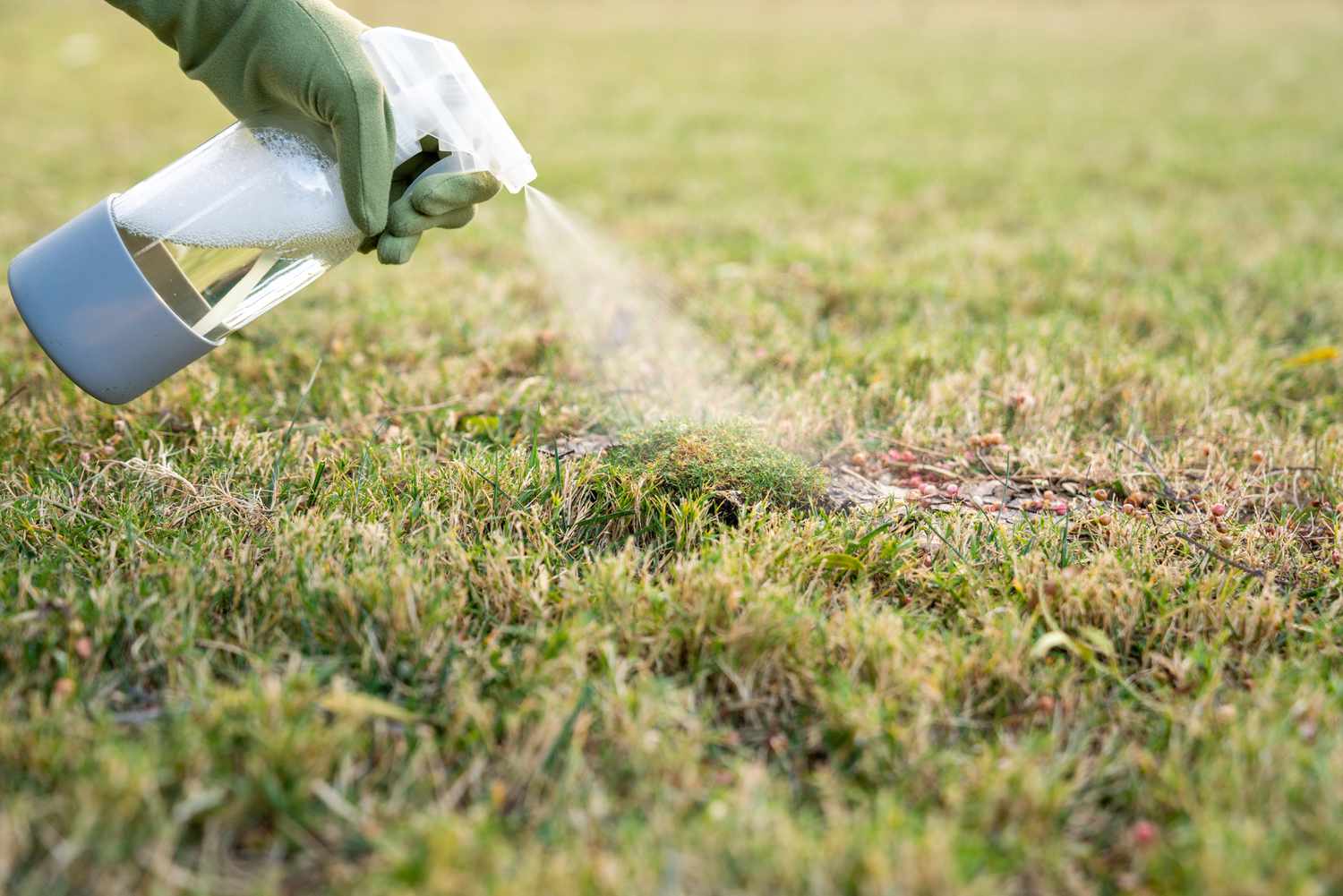

0 thoughts on “How To Get Rid Of Old Refrigerator”